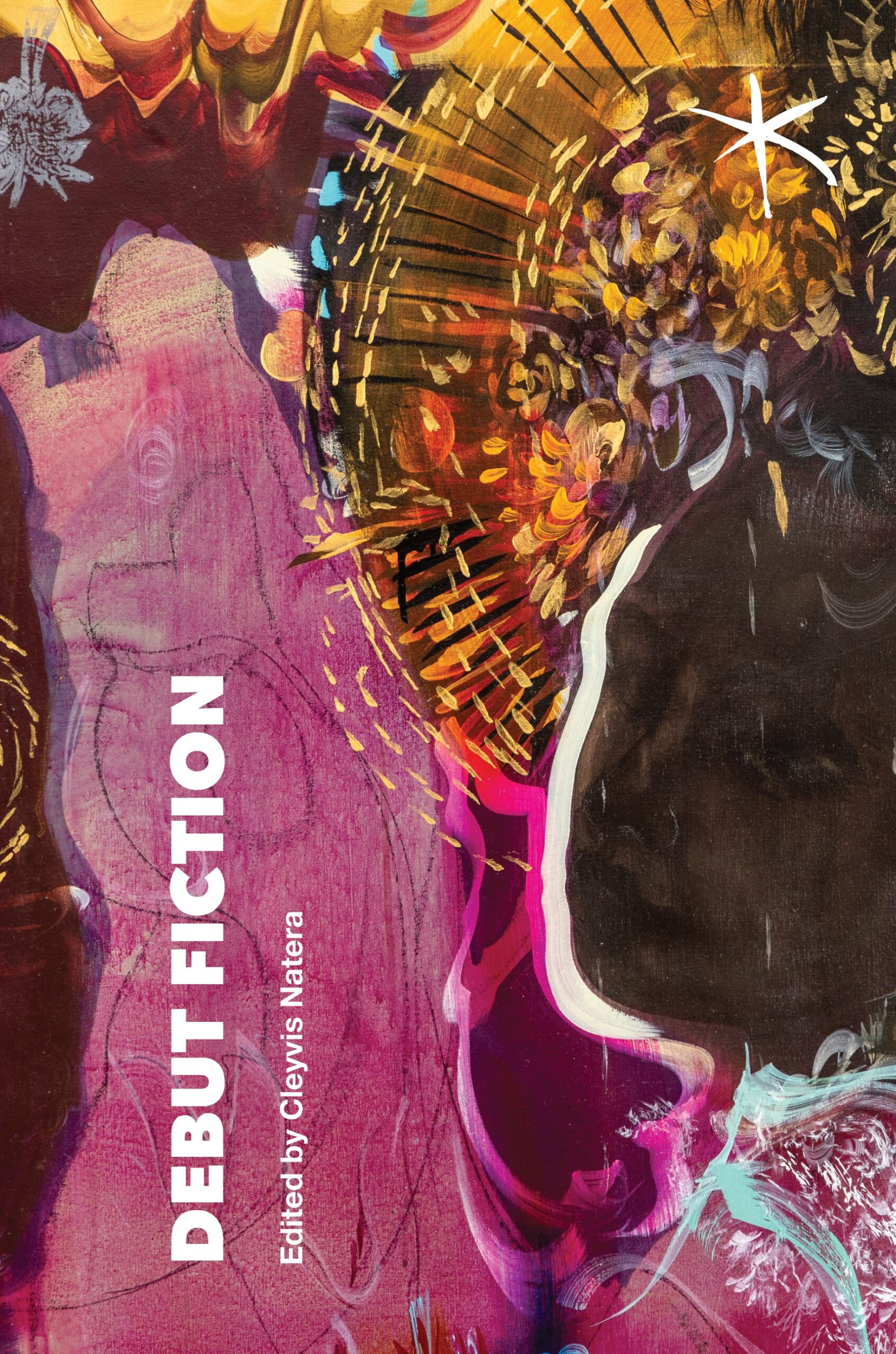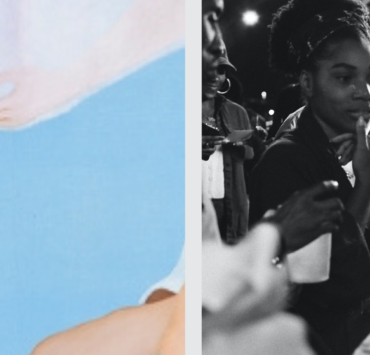
The phone was there for rapture; answering it always made her ache. She knew she was supposed to relax like for a car crash, but her hellos were always tense, and whoever was on the other line, and it was usually her father, would always seize upon that tension to espouse his own philosophy, and with each seizure her brain would flash and then get smaller, or less well-connected, maybe that was it, that the more voices you had in your head the worse your head worked, the harder it was to simply be. She was haunted after every conversation by the echoes of people’s goals. What she wanted was to go away, maybe to an island, where she could reveal herself to a silent sun and someday, maybe, dance, after drowning out those lifelong rhythms. Letters were better because you read them to yourself. There were even times when she wanted to talk. It was only that the phone was always on the counter, able to spirit her away.
One day she flew to Australia. She understood that there was no such thing as an island. She returned. She felt better in the air, out of reach and already deafened. She learned how to embroider and got a tattoo of a bear eating a dandelion on her shoulder so she’d have something to do in front of the mirror every morning before she went out. Her father got cancer. She moved back home. Afterwards they held a garage sale. She held onto a few of his big button-down shirts. She glared at the phone sometimes, daring it to kidnap her, but now it never rang, and she felt like she was melting, but then she realized she was getting her own rhythms, expansive as the ocean, and she went out onto the balcony and softly serenaded the ferns.
Atender
por Jennifer Croft ~ Traducción de Kianny N. Antigua
El teléfono estaba allí para arrobar; contestarlo siempre dolía. Sabía que se suponía que debía relajarse, como para un choque automovilístico, pero sus saludos siempre salían tensos, y quienquiera que estuviera del otro lado la otra línea, y por lo general era su padre, siempre aprovechaba esa tensión para promover su propia filosofía y, con cada convulsión, su cerebro fulguraba y luego se hacía más pequeño, o menos conectado, tal vez era eso, que cuantas más voces tuvieras en la cabeza, peor trabajaba, era simplemente más difícil ser. Después de cada conversación, quedaba atormentada por los ecos de las metas de las demás personas. Lo que ella quería era irse, tal vez a una isla, donde pudiera revelársele a un sol silencioso y, algún día, tal vez, bailar, después de ahogar esos ritmos de toda la vida. Las cartas eran mejores porque las leías para ti misma. Incluso había momentos en los que quería hablar. Era solo que el teléfono siempre estaba en la meseta, capaz de ahuyentarla.
Un día voló a Australia. Entendió que no existía tal cosa como una isla. Regresó. Se sentía mejor en el aire, fuera de alcance y ya ensordecida. Aprendió a bordar y se tatuó un oso comiendo un diente de león en el hombro para tener algo que hacer frente al espejo todas las mañanas antes de salir. A su padre le dio cáncer. Ella volvió a casa. Posteriormente vendieron sus cosas. Ella se quedó con algunas de sus grandes camisas de vestir. A veces miraba fijamente el teléfono, desafiándolo a que la secuestrara, pero ahora nunca sonaba, y ella sentía que se derretía, pero luego se dio cuenta de que estaba adquiriendo sus propios ritmos, expansivos como el océano, y salió al balcón y les dio una suave serenata a los helechos.
This piece is from our Winter 2021-2022 in-residency series, The Amaranta Project.
Jennifer Croft is an American author, critic and translator who works from Polish, Ukrainian and Argentine Spanish. With the author Olga Tokarczuk, she was awarded the 2018 Man Booker International Prize for her translation of Flights.







